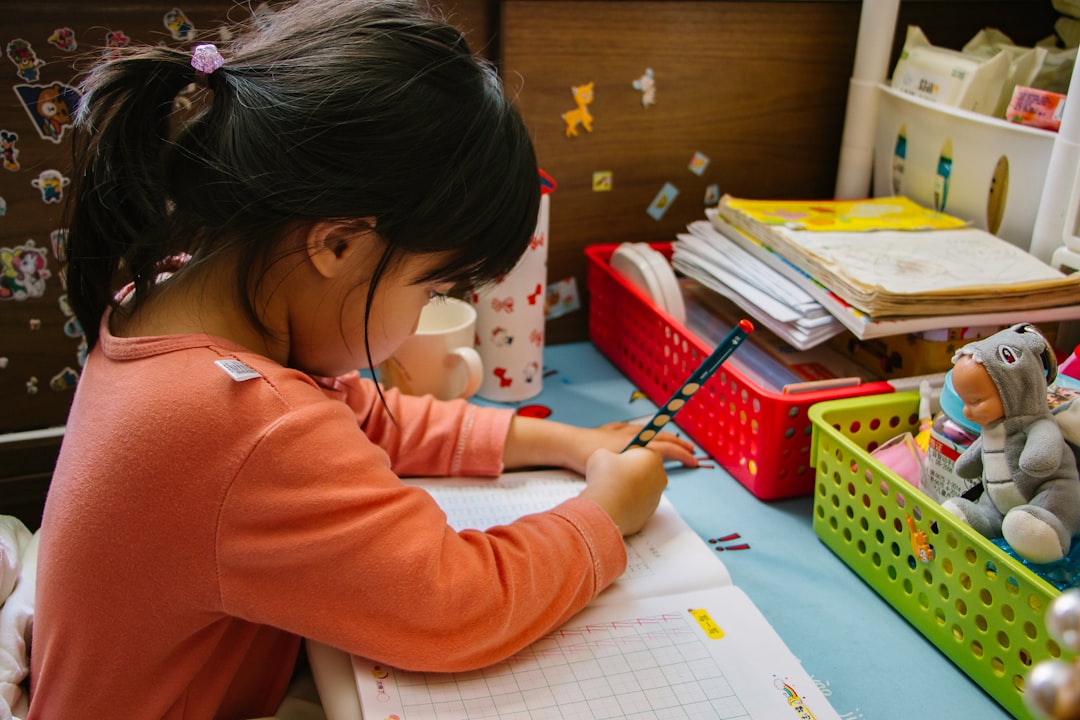In Georgia, strict laws and regulations prioritize child safety in daycare settings, with licensing requirements, safety protocols, and staff-to-child ratios ensured by daycare abuse law firms. These measures include background checks, secure entry/exit points, surveillance systems, emergency preparedness, and staff training on recognizing and reporting abuse. Open communication between staff, parents, and children is crucial for early identification of potential issues, fostering a culture of care that prevents daycare abuse. Daycare abuse law firms play a vital role in upholding these standards, empowering parents to make informed decisions for their children's well-being.
Creating a safe environment for children in Georgia’s daycare centers is paramount, not just for compliance but for fostering trust. This guide navigates essential aspects of childcare safety under Georgia laws, offering practical strategies to prevent and address potential risks. From understanding regulatory standards to implementing robust safety protocols, training staff, and encouraging parental involvement, each step ensures a secure setting where children can thrive. Remember, preventing daycare abuse is every center’s responsibility, and proactive measures are key to protecting Georgia’s youngest learners.
Understanding Georgia's Laws and Regulations for Daycare Safety

In Georgia, creating a safe environment for children in daycare is paramount and guided by stringent laws and regulations. The state has put in place strict standards to ensure child welfare, including licensing requirements for daycare centers and specific safety protocols that must be adhered to. These regulations cover various aspects, from staff-to-child ratios to emergency preparedness plans, with the overarching goal of preventing daycare abuse and neglect.
Daycare abuse law firms in Georgia play a crucial role in advocating for these standards, investigating complaints, and ensuring accountability when violations occur. Parents should be aware of their rights and the legal framework surrounding daycare safety, empowering them to make informed decisions about their child’s care. Understanding these laws is essential for both parents and daycare providers to foster a secure and nurturing environment for Georgia’s youngest learners.
Implementing Comprehensive Safety Measures in Daycares

Creating a safe environment for children in daycare involves implementing comprehensive safety measures that go beyond basic security. In Georgia, where daycare abuse law firms play a crucial role in safeguarding kids, strict regulations are in place to protect young minds. These include regular background checks for staff, secure entry and exit points, surveillance systems, and well-designed playgrounds with age-appropriate equipment.
Furthermore, daycares should have robust policies and procedures for emergency situations, fire safety, and first aid. Training sessions for staff on recognizing and reporting child abuse, along with open communication channels with parents, foster a culture of vigilance and accountability. By adhering to these measures, Georgia daycares can ensure a secure setting where children can thrive, free from potential dangers, while also being prepared for any unexpected events.
Training Staff and Promoting a Culture of Care

Training staff is a cornerstone in creating a safe environment for children in daycare centers. In Georgia, where daycare abuse law firms have highlighted the importance of protection, comprehensive training programs should be implemented to educate caregivers on child development, safety protocols, and prevention of abuse. Regular workshops and seminars can help staff stay updated with best practices and recent changes in childcare regulations.
Promoting a culture of care within the daycare fosters an environment where every child feels valued and protected. This involves encouraging open communication among staff, parents, and children. By creating a safe space for sharing concerns and experiences, daycares can identify potential issues early on and take appropriate action. Such proactive measures are crucial in preventing instances of daycare abuse and ensuring the well-being of every child under their care.
Encouraging Open Communication and Parent Involvement

At a Georgia daycare, fostering an environment where children feel comfortable expressing themselves is vital to their safety and well-being. Encouraging open communication between staff and children helps identify potential issues early on. This involves creating safe spaces for kids to share their thoughts and feelings without fear of judgment or repercussions. Daycare providers should actively listen to the children, validate their emotions, and assure them that they are there to protect and support them.
Parent involvement is another key component in maintaining a secure daycare setting. Daycares should promote regular communication with parents, keeping them informed about their child’s day-to-day activities and any notable behaviors or concerns. A collaborative approach involving both staff and parents can help identify patterns or issues that might otherwise go unnoticed. Moreover, parents who are actively engaged in their child’s daycare experience are better equipped to recognize signs of potential abuse, as outlined by the state’s daycare abuse law firm in Georgia.




